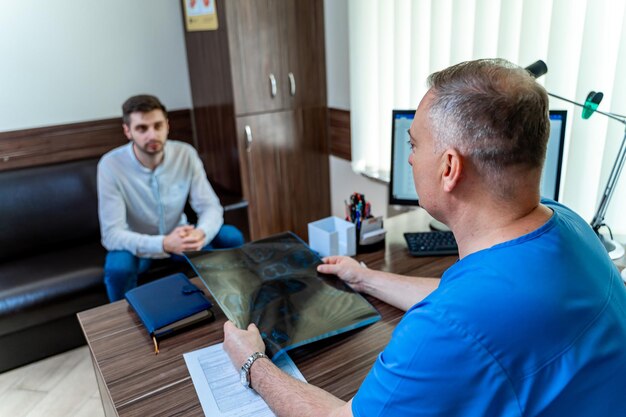How to Become a Peer Recovery Specialist: Essential Education and Certifications
Embarking on a career as a Peer Recovery Specialist is a path filled with the rewarding opportunity to make a meaningful impact on individuals' lives. Most states require a combination of specialized training and certification to ensure specialists are well-equipped to aid those recovering from mental health and substance use challenges. While formal educational requirements can vary, aspiring specialists commonly pursue a background in human services, psychology, or a related field. Many educational institutions offer programs tailored to this profession, emphasizing mental health peer support, ethics, and communication skills.
A crucial step in the journey to becoming a Peer Recovery Specialist is the completion of a certified training program. These programs, which often consist of 40-80 hours of coursework, cover essential topics like crisis intervention, advocacy, and recovery planning. After completing a training program, candidates typically need to pass a state-recognized certification exam. Some may also earn additional credentials, such as the Certified Peer Recovery Specialist (CPRS) or Certified Peer Counselor (CPC), which can enhance their qualifications and career prospects. A focus on continuous education and practical experience through internships or volunteer opportunities can further bolster one’s ability to support others on their path to recovery.
Relevant Degrees, Certificates, and Licenses
-
🎓 Degrees
- Bachelor’s in Psychology
- Bachelor’s in Social Work
- Associate Degree in Human Services
-
📜 Certifications
- Certified Peer Recovery Specialist (CPRS)
- Certified Peer Counselor (CPC)
-
📘 Training Programs
- State-approved Peer Recovery Specialist Training
- Courses in Mental Health First Aid
-
🛡️ Licenses (Check specific state requirements)
- Peer Support Specialist License
